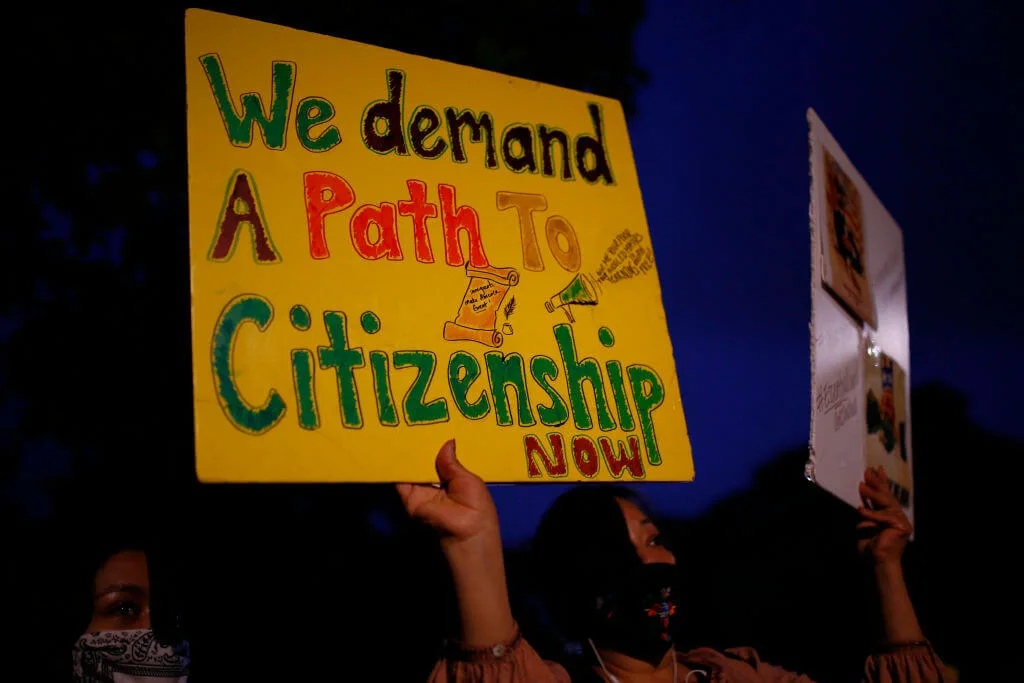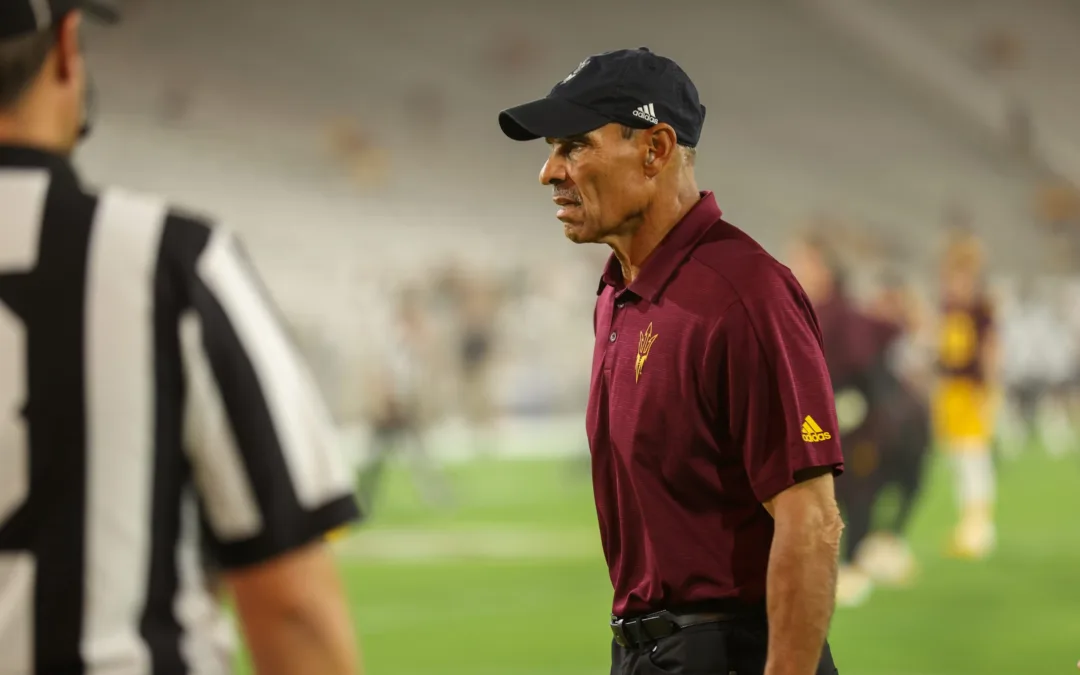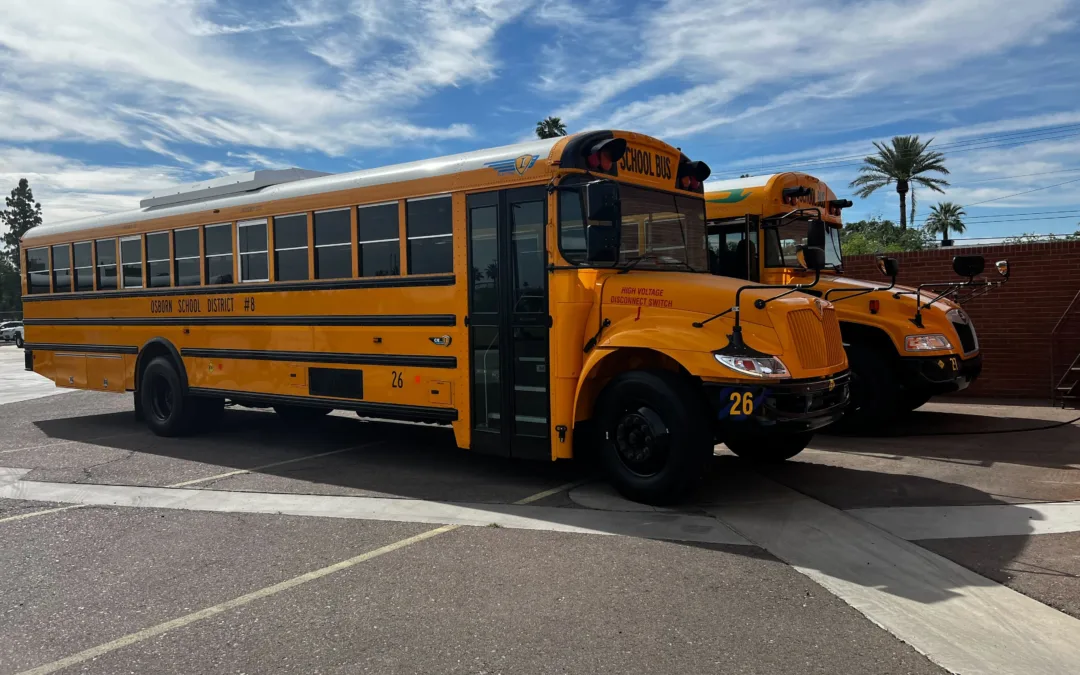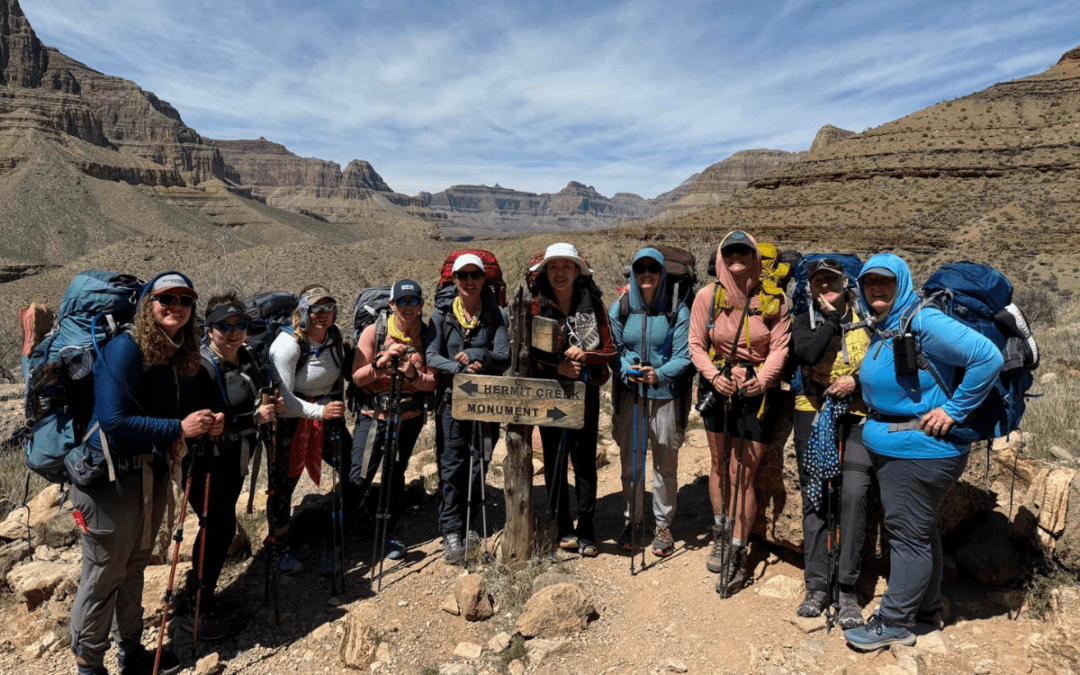
(Photo by Michael M. Santiago/Getty Images)
On the 10-year anniversary of the DACA program, an estimated 100,000 recent high school graduates are unable to participate in the program.
Wednesday marks the 10th anniversary of a groundbreaking program that made a future in the United States possible for hundreds of thousands of undocumented immigrants—and a reminder of the thousands more who are coming of age without similar opportunities.
The Deferred Action for Childhood Arrivals has proven to be a pioneering initiative which has unlocked opportunities for an estimated 800,000 undocumented people. It has also played a critical role in the US economy, bringing in billions in economic gains.
RELATED: DACA Renewal Application Is Now Available Online
The program provides undocumented people the opportunity of work authorization, gain higher wages, buy cars and houses, start businesses, and most importantly provide deportation protection—in other words, is life-changing—is only available to a limited group.
Just Out of Reach
But the DACA program is limited, and its limitations have resulted in estimated 100,000 newly high school graduates left unable to participate in the program.
Hidalty Gonzalez is among them.
The 17-year-old from Mesa, Arizona, was just one year old when she came to the United States in 2005. She said she wasn’t able to apply for DACA as former President Donald Trump’s administration continued efforts to shut down the program, which is not currently accepting new applications.
The DACA policy also has particular rules for eligibility that has disqualified others. DACA is only available to people who:
- Were 31 years of age and younger of age as of June 15, 2012
- Came to the US while under the age of 16
- Have continuously resided in the US since June 15, 2007
The class of 2022 is one of the first graduating classes where the overwhelming majority of undocumented graduates are ineligible for DACA because they entered the US after the DACA-required arrival date of June 15, 2007.

“I didn’t really find out what undocumented really meant until high school,” Hidalty said in an interview with Copper Courier. “I always knew I was undocumented, I just never knew what the explanation behind the word was. And at times, school felt like a barrier, no matter how hard I’ve worked in my classes or how much I’ve studied, or even how much I’ve tried my best at my sport, which is cross country and track. Just seeing that barrier, and the difficulty, always brought sadness to me.”
A Trump-Era Roadblock
One would assume that Hidalty would still be eligible for DACA since she was brought to the US in 2005 but the DACA program has encountered several barriers under the Trump administration.
Since 2018, the DACA program has been pushed around in the courts—and in 2020, former President Donald Trump sought to end DACA completely by closing the application process. His plan was thwarted by US District Judge Nicholas Garaufis, who ordered that the federal program continue to accept new applications.
On January 20, 2021, in one of his first acts since taking office, President Joe Biden issued a memorandum directing the Secretary of Homeland Security to take appropriate action to preserve and fortify DACA. Then, just a couple of months later, a federal judge in Texas—appointed by former Republican President George W. Bush—ruled that DACA was an illegal program and blocked new applicants.
The ruling allows for immigrants currently protected by the program to keep their status while the case goes through the appeals process. This means for undocumented immigrants like Hidalty, who had not previously participated in the program, the protections given under DACA are unattainable until the matter is settled in court.
Stringent Requirements Leave Many Ineligible
Only a quarter of this year’s undocumented high school graduates would be eligible for immigration relief through DACA under current rules, according to fwd.us—an immigration advocacy organization.
Many undocumented graduates in the class of 2022 are ineligible for DACA because they entered the US after the DACA-required arrival date of June 15, 2007.
RELATED: Why This DACA Recipient Was Forced to Choose Harvard Over One of Arizona’s Universities
However, even the small share of this year’s undocumented high school graduates who might be eligible for DACA are limited in accessing its protections. Because of the Trump-era court interruptions, there was only a small window of about six months in 2021 for most of these DACA-eligible graduates to have applied.
The US Citizenship and Immigration Services data indicates that only 21,000 of the 611,000 total active DACA recipients are around high school graduation age (ages 16-20). As Congress continues to stall on providing a path to citizenship, DACA remains the only way undocumented people can build a life in the US.
Help Navigating the Process
Hidalty has found guidance from Aliento AZ, a nonprofit organization that helps undocumented, DACA, and mixed immigration status families. It is because of Aliento’s counseling that Hidalty has been able to cope with life without immigration protection.

“[Aliento] supports them by exploring options to navigate different opportunities for post-secondary education and or career pathways regardless of immigration status,” Reyna Montoya, founder and CEO of Aliento AZ said to Copper Courier. “Some of these opportunities are in state and out of state. An example of this is finding scholarships, internships, and or fellowships that do not have immigration status as a barrier. We also support them by teaching them how to better advocate for themselves and their community.”
Hidalty says she understands the obstacles she faces and is up for the challenge and that’s in large part because of her family.
“No matter what, I try so hard not to give up,” Hidalty said. “My parents are really hardworking, and that’s what I look up to. Just seeing that they worked so hard in this country made me want to work as hard. And I didn’t give up, but it hurt seeing that my classmates did not take advantage of the opportunities they had. I grew up in predominately white schools, so I noticed how different things were for them. I thought it was really unfair, but there was nothing I could do about it.”
Additional Hurdles for Higher Education
According to the study by fwd.us, around 43,000 undocumented students in the class of 2022 live in the 28 states that don’t provide in-state tuition for undocumented students, meaning they’ll be barred from working legally and will have to pay full tuition to attend state schools.
Hidalty is one of the lucky ones. She has a full-ride scholarship to Grand Canyon University.
“I am planning on studying psychology in college,” Hidalty said. “For me, mental health has always been a number one thing. I know that my future’s really unclear, but for now, I really want to help the immigrant community with mental health.”
But even with her college career aspirations, Hidalty understands that without a path to citizenship her dreams may never be a reality.
“Being undocumented obviously means not having a social security number and perhaps not getting a driver’s license or your first job. And to me, that has always been a very hard feeling, because as a teenager my dream was obviously going to work and getting my own money. And I just wish that there was a change in that, or at least opportunities given to young teenagers like me.”
Editor’s Note: This post has been updated to clarify the reason Hidalty is unable to apply for DACA.
Looking for the latest Arizona news? Sign up for our FREE daily newsletter.
Politics

Kari Lake calls on Arizona county sheriffs to enforce 1864 abortion ban
Republican candidate for US Senate Kari Lake on Saturday seemed to solidify her support for Arizona’s total abortion ban and called on county...

VIDEO: Arizona Rep. Greg Stanton ‘We will not stay silent’ on abortion ban
@coppercourier "Under this extreme law, women will die, and their doctors and nurses will be criminalized. This cannot stand," Rep. Greg...
Local News

6 terrifying things that could happen if the Comstock Act is used to target abortion
Does 1873 sound like a really, really long time ago? Well, that’s because it is—but if Republicans and far-right anti-abortion activists have their...

ASU football slapped with probation due to violations during Herm Edwards era
The violations described in the NCAA statement include impermissible in-person recruiting contacts while the state of college athletics was...






